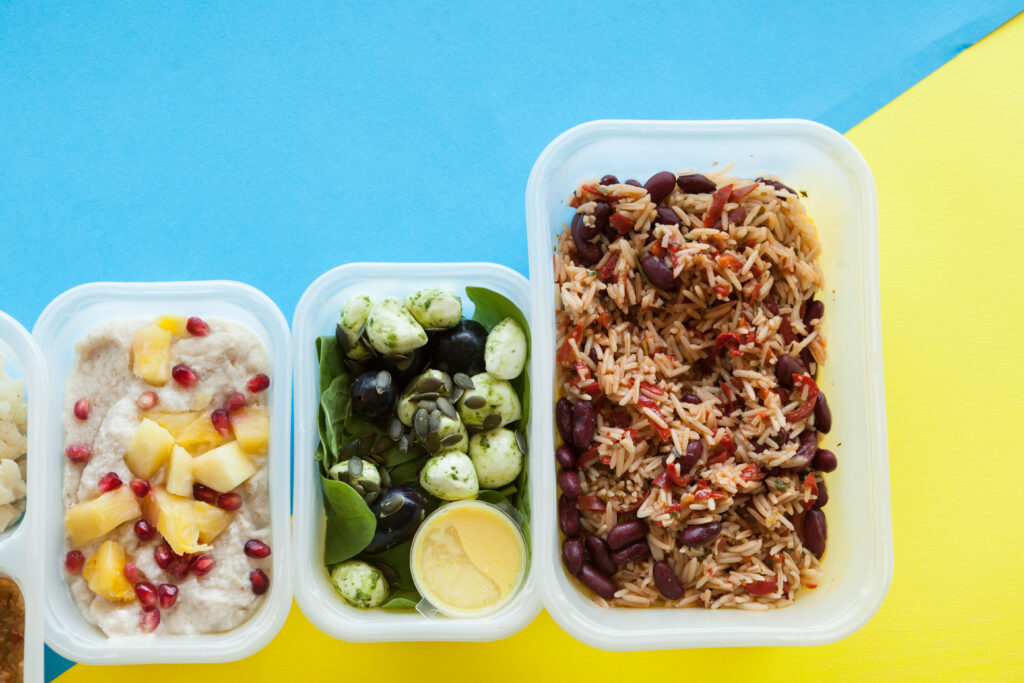In a world where food waste is a significant global issue, embracing leftovers is not just a practical way to save money but also a responsible choice for the environment. According to the United Nations, approximately one-third of all food produced worldwide is wasted, contributing to greenhouse gas emissions and straining natural resources. By learning to love leftovers, you can reduce your carbon footprint, stretch your grocery budget, and enjoy delicious meals without the hassle of cooking from scratch every day. Here’s how you can make the most of your leftovers and save money in the process.
Shift Your Mindset About Leftovers
The first step to embracing leftovers is changing how you view them. Many people associate leftovers with boring, repetitive meals, but this doesn’t have to be the case. Leftovers are essentially pre-prepared ingredients that can be transformed into new, exciting dishes. Instead of seeing them as “old food,” think of them as a foundation for creativity in the kitchen. For example, last night’s roasted chicken can become today’s chicken salad, soup, or tacos. By reframing your perspective, you’ll start to see leftovers as an opportunity rather than a chore.
Plan Meals Strategically
Meal planning is a powerful tool for reducing food waste and saving money. When you plan your meals for the week, intentionally cook larger portions that can be repurposed into future meals. For instance, if you’re making a pot of chili, double the recipe and freeze half for a quick dinner later. Alternatively, plan meals that share common ingredients. Roast a big batch of vegetables on Sunday, and use them throughout the week in salads, grain bowls, or pasta dishes. This approach not only saves time but also ensures that nothing goes to waste.
Store Food Properly
Proper storage is key to keeping leftovers fresh and safe to eat. Invest in high-quality, airtight containers that prevent spoilage and maintain flavour. Label containers with the date to keep track of how long food has been stored. Most cooked dishes can last 3-4 days in the refrigerator, while soups, stews, and casseroles can be frozen for several months. By storing food correctly, you’ll avoid the disappointment of discovering spoiled leftovers and save money by making the most of every meal.

Get Creative with Repurposing
One of the best ways to embrace leftovers is to get creative in the kitchen. Leftover rice can be turned into fried rice or rice pudding. Stale bread can become croutons, bread pudding, or French toast. Overripe bananas are perfect for banana bread or smoothies. The possibilities are endless when you approach leftovers with a spirit of experimentation. Keep a few staple ingredients on hand, like eggs, cheese, and spices, to help you transform leftovers into something new and exciting.
Use Leftovers for Lunch
Packing lunch can be a significant expense, especially if you’re buying meals from restaurants or cafes. Leftovers are the perfect solution for a budget-friendly, homemade lunch. Simply portion out last night’s dinner into a container, and you’re ready to go. Not only will you save money, but you’ll also enjoy a more satisfying and nutritious meal than you might get from a takeout option. Plus, you’ll reduce packaging waste, making it an eco-friendly choice as well.
Host a “Leftover Night”
Designate one night a week as “leftover night” to clear out your fridge and use up any remaining food. This can be a fun way to get creative and involve your family in the process. Set out all the leftovers and challenge everyone to create their own unique dish. You might be surprised by the delicious combinations that emerge. Leftover night not only saves money but also reduces the stress of deciding what to cook.
Compost What You Can’t Use
Despite your best efforts, there may be times when you can’t use every last bit of food. Instead of throwing it in the trash, consider composting. Composting turns food scraps into nutrient-rich soil, reducing waste and benefiting the environment. Many cities offer composting programs, or you can start a compost bin at home. By composting, you’ll minimize your contribution to landfills and feel good about your efforts to live sustainably.
Track Your Savings
To stay motivated, track how much money you save by embracing leftovers. Keep a log of the meals you repurpose and the amount you save by not dining out or throwing away food. Over time, you’ll likely notice a significant difference in your grocery bill and overall spending. This tangible evidence of savings can inspire you to continue making the most of your leftovers.
Embracing leftovers is a simple yet powerful way to save money, reduce waste, and enjoy delicious meals. By shifting your mindset, planning strategically, and getting creative in the kitchen, you can transform leftovers into a valuable resource. Not only will you benefit financially, but you’ll also contribute to a more sustainable food system. So, the next time you’re tempted to toss out that extra serving of pasta or roasted vegetables, think twice. With a little effort and imagination, leftovers can become the highlight of your next meal—and your wallet will thank you.


